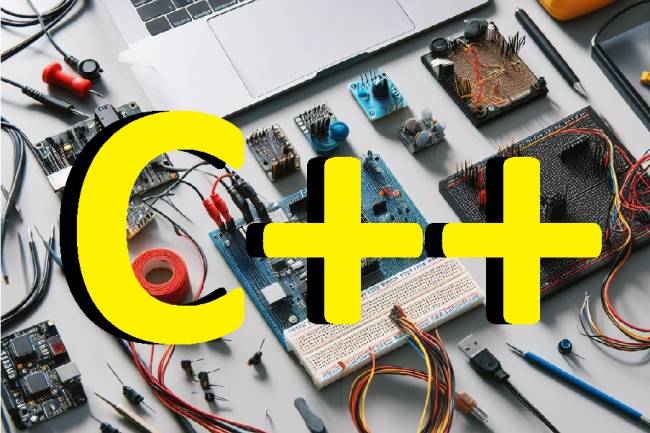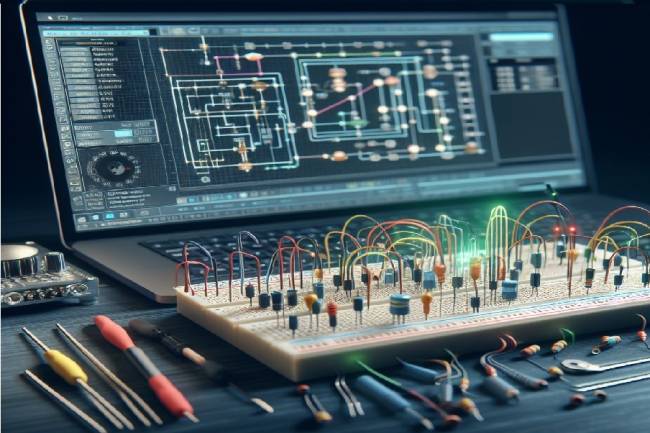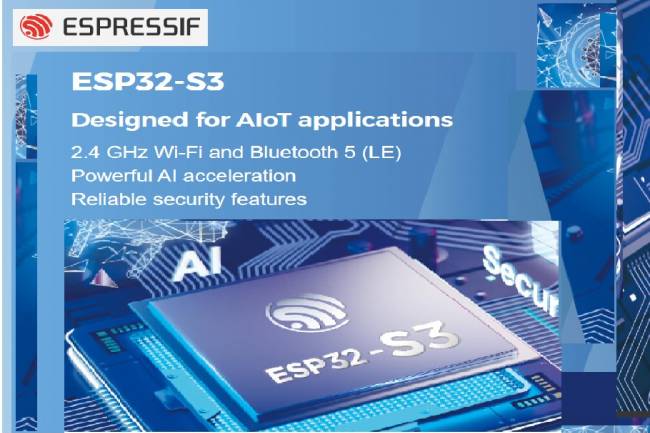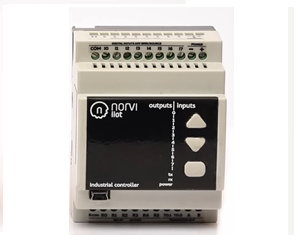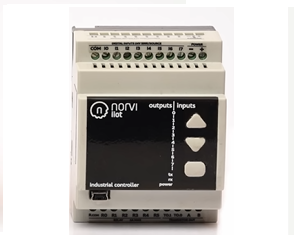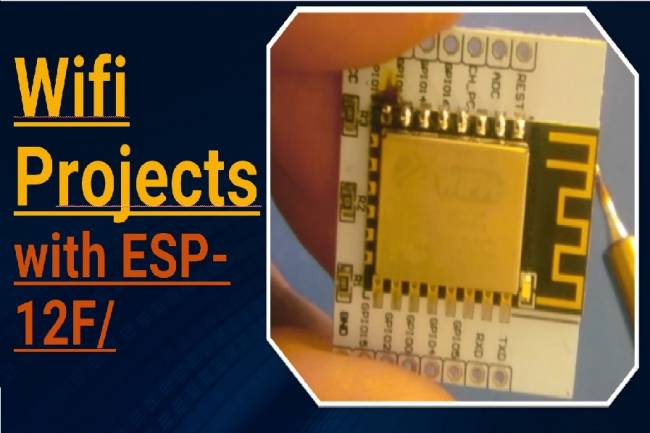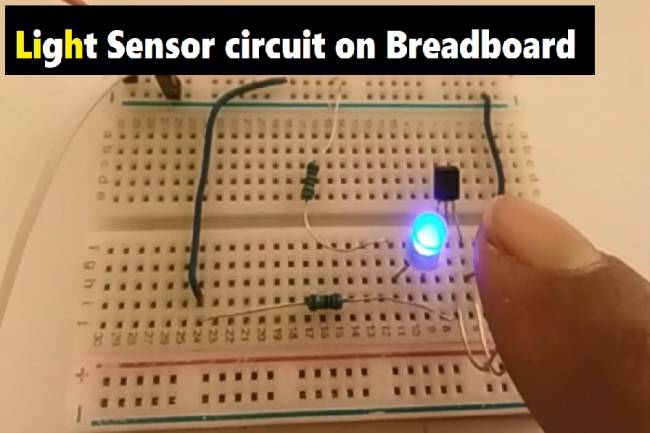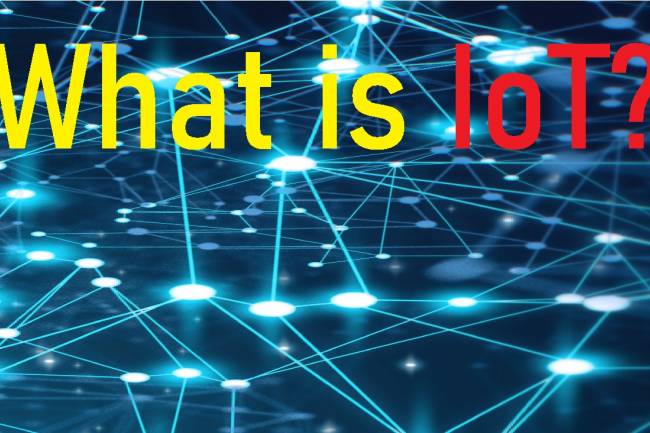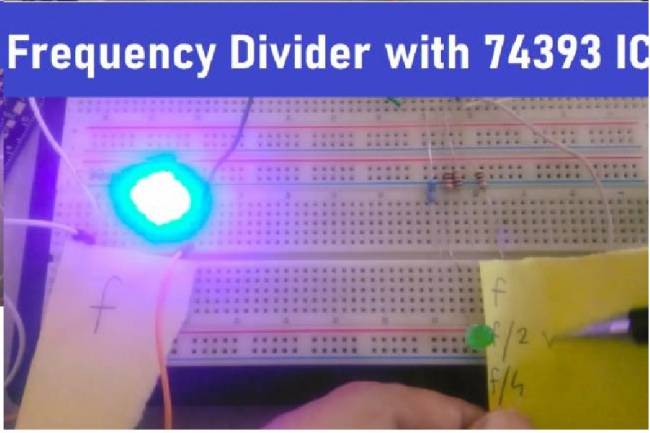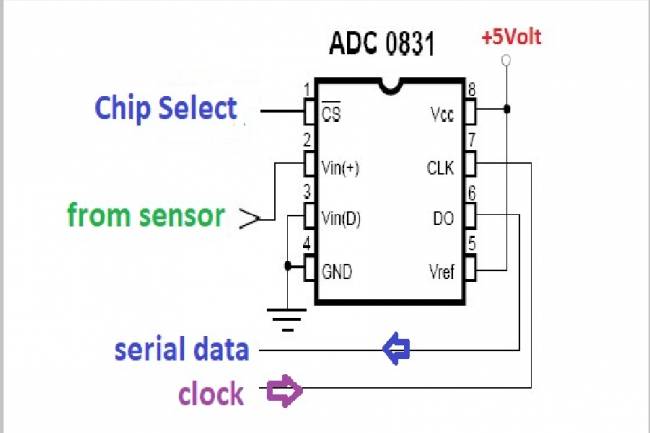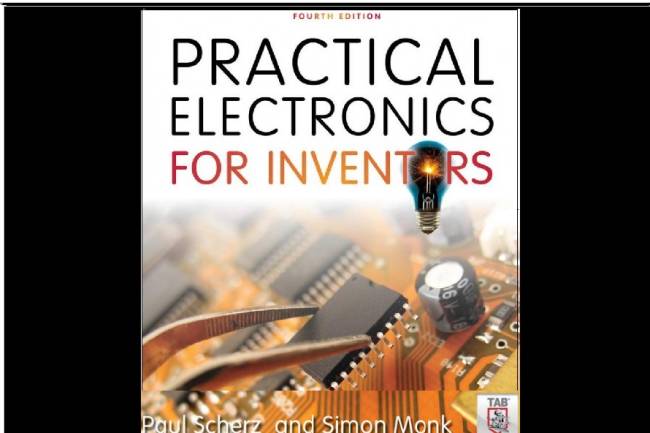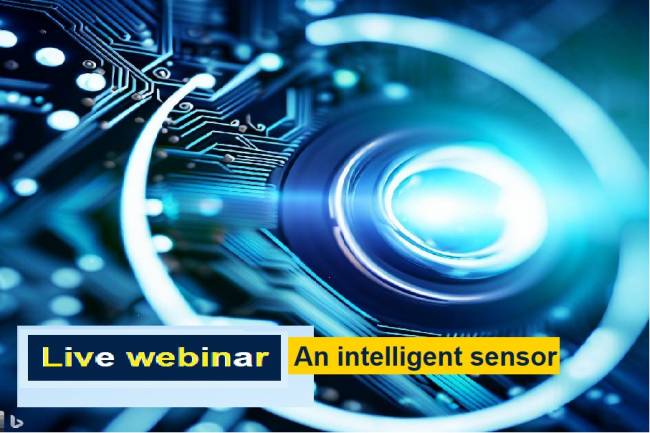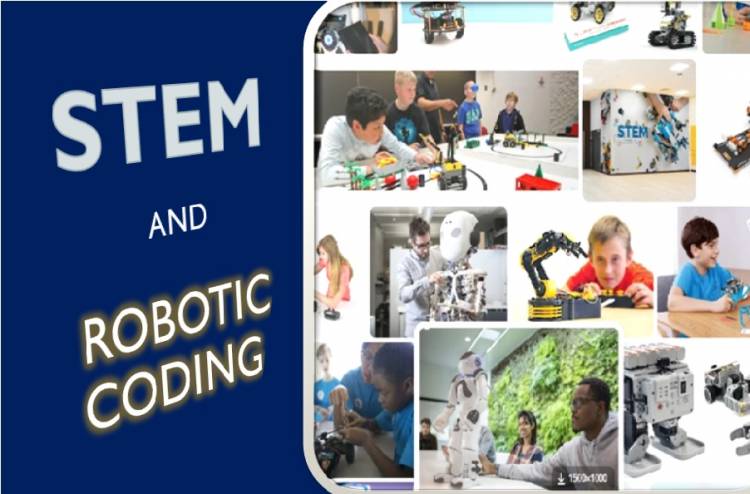
Robotic Coding and STEM Trainings
In this article, we will first take a look at STEM and robotic coding training. At the end of our article, we will make recommendations for sites that offer educational opportunities on the Internet.
In essence, the concept of STEM encompasses the concept of robotics-coding. We wanted to evaluate the concepts of STEM and Robotic-Coding in the same article, since robotics and robotic coding mostly include the concepts of science, technology, engineering and mathematics.
We see that the concept of STEM has solidified its place in education systems, school programs and independent educational institutions. STEM programs have more or less added to school education programs in almost every country around the world. With the spread of online opportunities and their relative cheapness, it has become a little easier to access educational tools.
Let's briefly look at the concepts of STEM and robotic coding:
STEM
STEM is a learning approach that combines science, technology, engineering and mathematics disciplines. STEM education teaches students to use these four disciplines together to create solutions to real-world problems.
STEM education helps students develop critical thinking, problem solving and analytical skills. In addition, it allows students to understand technological developments and to produce innovative solutions using these developments.
STEM education is designed, often starting from an early age, to encourage students to be interested in these disciplines and want to work in these fields in the future. STEM education plays a critical role for the workforce of the future, especially in today's rapidly developing technological world.
Robotic Coding
Robotic coding is the process of programming the movements and behaviors of a robot. This involves writing a series of codes to specify the tasks a robot must perform, control its movements, interact with sensors, and control its other functions.
Robotic coding is a discipline that combines programming fundamentals and robotic design. In a robotics coding project, a user chooses a robotics platform, then defines how the robot should act by typing a series of commands using programming languages or robotic coding tools.
Robotic coding is a rapidly growing field in recent years, especially with the increasing popularity of topics such as STEM education and the maker movement. People working in this field develop and design robotic systems for automation, industrial robots, unmanned aerial vehicles, drones and many more applications.
Of course, STEM and Robotic Coding trainings can be taken at any age. When the importance of digital assets that increase the power of the country's economies emerged, the fact that education should start at a young age emerged. In other words, the earlier the STEM and Robotic and Coding trainings start, it is inevitable that products with high economic value will emerge.
What about the early age limit? What is the common assessment of educational scientists?
Robotic coding and STEM trainings are recommended for children to start from an early age. In fact, starting from the pre-school period, children can be encouraged to focus on the subjects they are interested in with STEM activities and games.
For robotic coding training, it is generally recommended to start from the age of 7-8. At this age, children may become a little more technical and begin to understand simple robotic coding languages.
STEM education can be started at any age. Especially in primary and secondary school periods, STEM education is given during these periods as students are interested in scientific and mathematical subjects. However, it is recommended that STEM education not be limited to school lessons and offer a wide range of activities according to children's interests.
We have compiled a list below. The sites on this list are just 20 of the important resources for STEM and Robotic Coding.
Code.org - https://code.org/
Khan Academy - https://www.khanacademy.org/
Scratch - https://scratch.mit.edu/
Tynker - https://www.tynker.com/
RoboMind - https://robomind.net/
Robotics Academy - https://www.roboticsacademy.com/
Carnegie Mellon Robotics Academy - https://www.cmu.edu/roboticsacademy/
Robot Virtual Worlds - https://www.robotvirtualworlds.com/
Ozobot Classroom - https://ozobot.com/classroom
Wonder Workshop - https://education.makewonder.com/
RobotLAB - https://www.robotlab.com/
Codecademy - https://www.codecademy.com/
Blockly - https://developers.google.com/blockly
MIT App Inventor - https://appinventor.mit.edu/
Makeblock - https://www.makeblock.com/
Cozmo Code Lab - https://developer.anki.com/codelab/
Lego Mindstorms - https://www.lego.com/en-us/themes/mindstorms
VEX Robotics - https://www.vexrobotics.com/
FIRST Robotics Competition - https://www.firstinspires.org/robotics/frc
Arduino Education - https://www.arduino.cc/education



